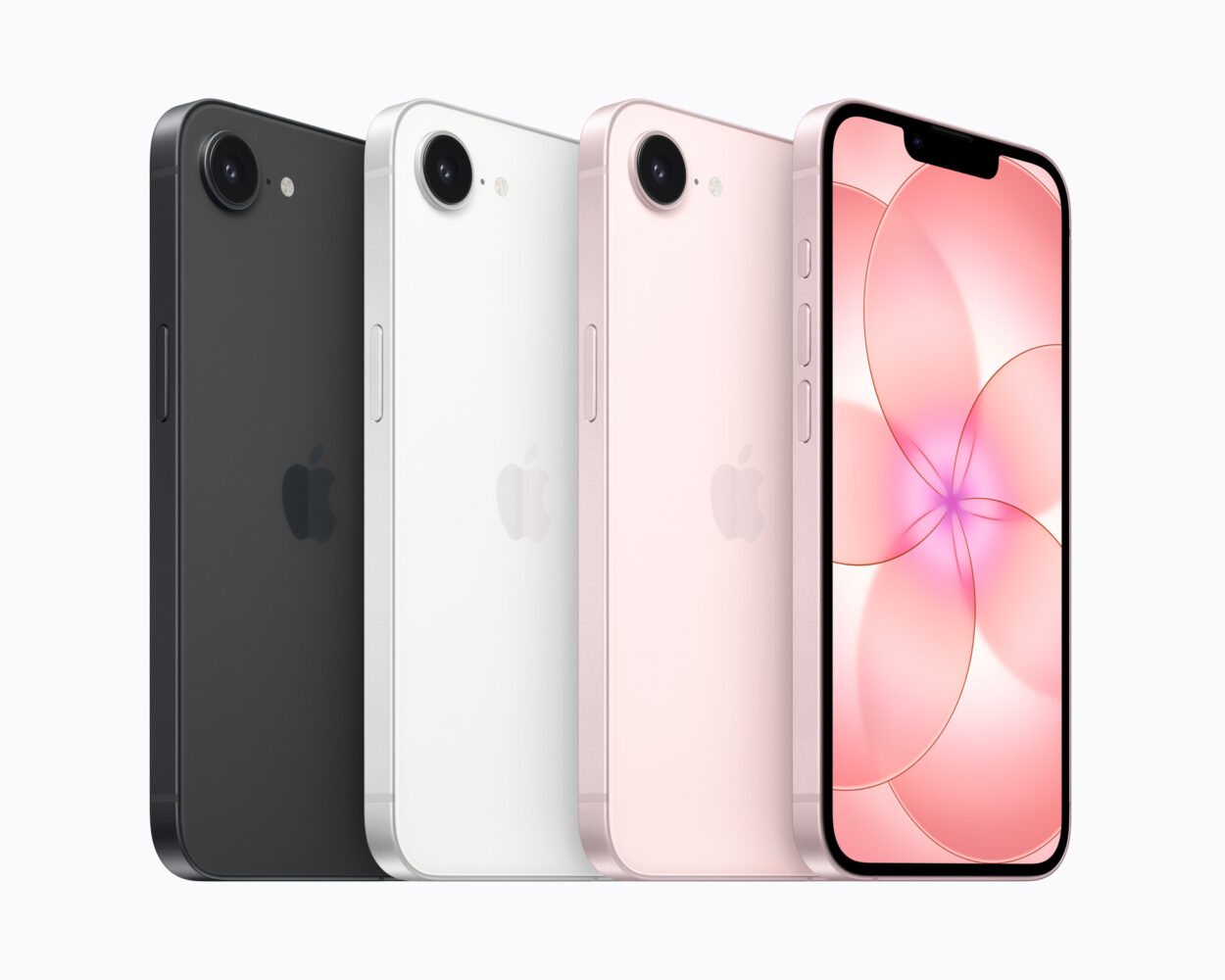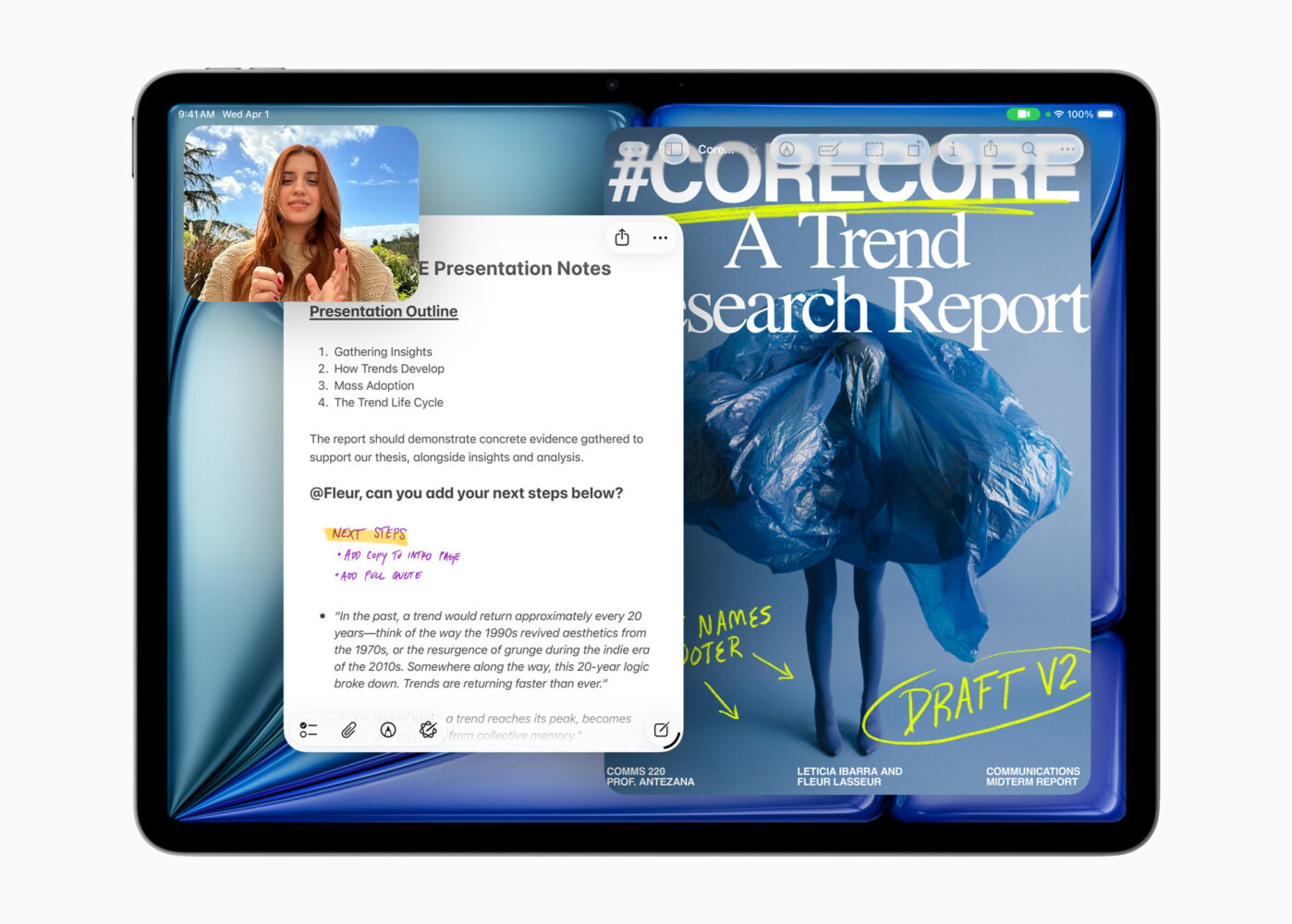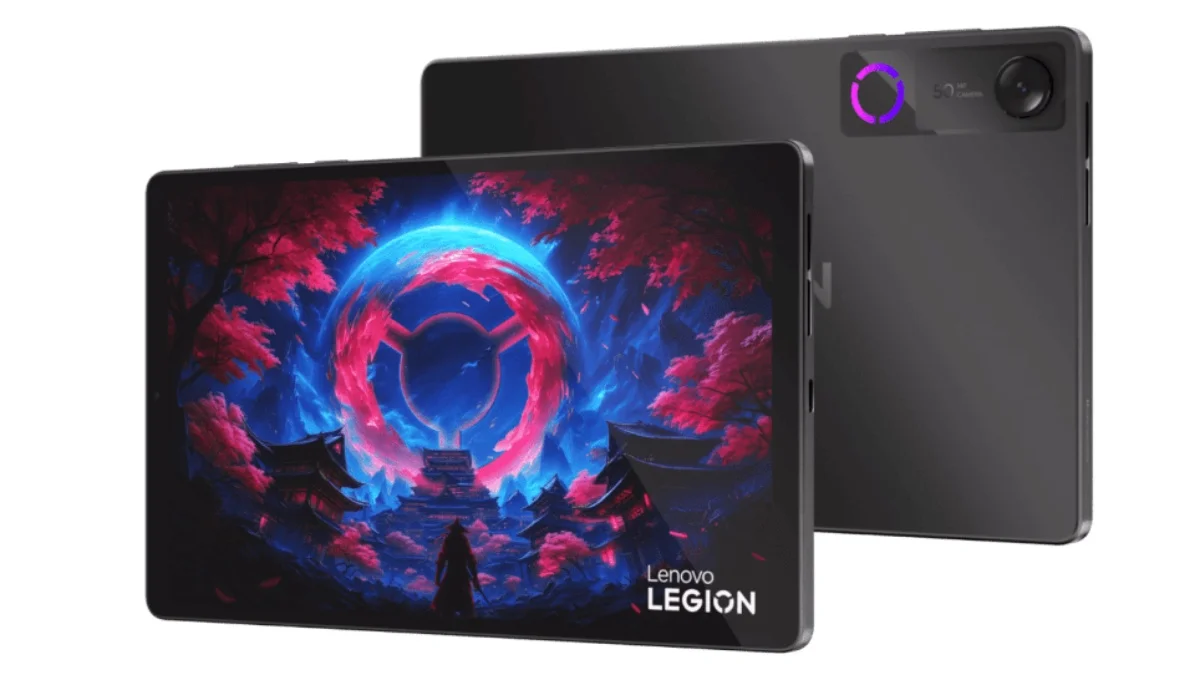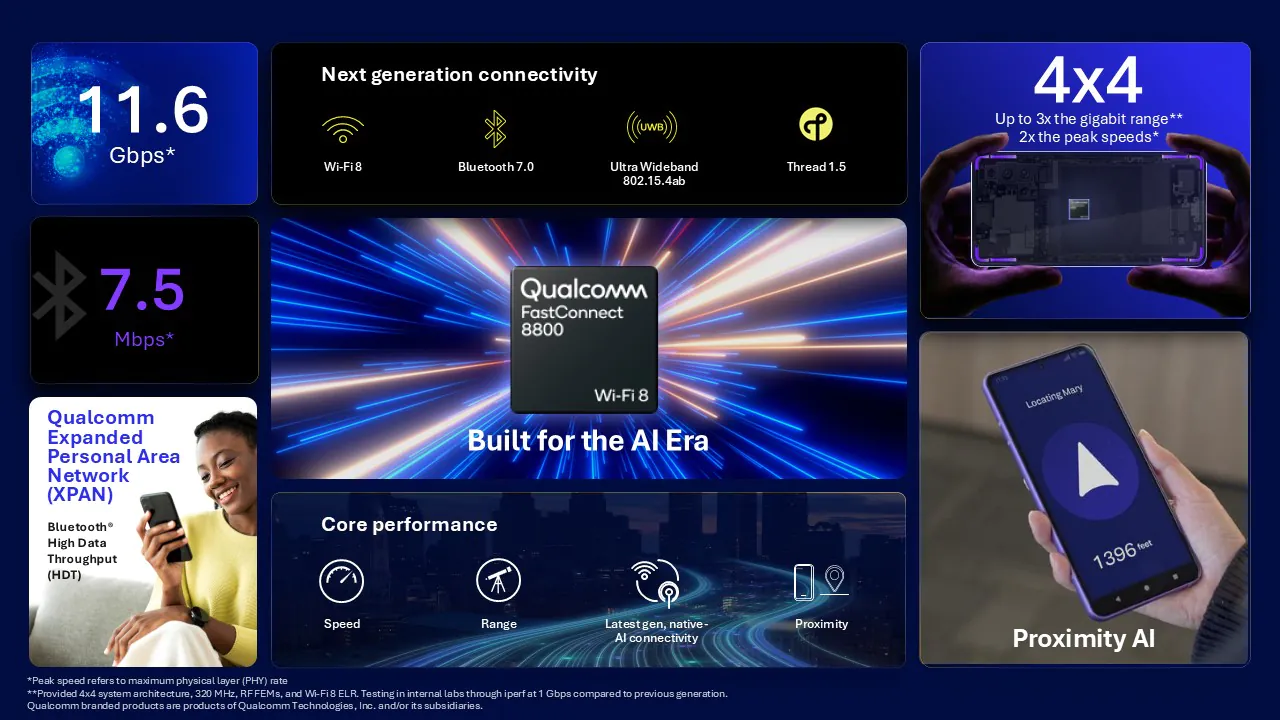Google is expanding its Gemini platform with a new AI image model, Gemini 2.5 Flash Image, aimed at improving how users edit and generate images. The update, now available in the Gemini app and through developer tools like the Gemini API, Google AI Studio, and Vertex AI, is designed to handle more precise edits while maintaining consistency in faces, animals, and other fine details — areas where rival systems often fall short.
Unlike many existing AI tools that can distort key features when making changes, Gemini’s model attempts to execute edits cleanly. For example, users can alter clothing colors or combine different photos without losing likeness or altering unrelated parts of the image. Google has been quietly testing the model on the crowdsourced evaluation platform LMArena, where it appeared under the pseudonym “nano-banana,” before officially confirming its identity.

Benchmarks shared by Google suggest that Gemini 2.5 Flash Image performs competitively, if not better, than other leading image-generation systems. Product lead Nicole Brichtova said the focus was on improving visual quality while making the edits practical for real use cases, such as home design projects or merging multiple references into one cohesive scene.
The update also introduces more interactive “multi-turn” editing, allowing users to refine images step by step through conversational prompts. This makes it easier to iteratively build out a design or concept, rather than starting over with each change.
The release underscores how central AI image tools have become in the competition between tech giants. OpenAI’s integration of image generation into ChatGPT earlier this year helped drive a surge in engagement, while Meta recently partnered with Midjourney to bolster its own offerings. Independent labs like Black Forest Labs, with its FLUX models, remain influential in pushing technical boundaries.
Google’s challenge is less about capability and more about adoption. According to its latest earnings call, Gemini has 450 million monthly users — significant, but far behind ChatGPT’s reported 700 million weekly users. By giving Gemini a stronger creative toolkit, Google hopes to close that gap.
Still, safeguards remain a contentious issue. Google previously faced backlash after Gemini produced historically inaccurate images, prompting a temporary rollback of its generator. This new release includes stricter rules against misuse, such as bans on non-consensual intimate imagery, and applies both visible watermarks and metadata identifiers to generated content. Whether those protections are enough to curb deepfake abuse, however, will depend on how seriously platforms and users enforce them.







